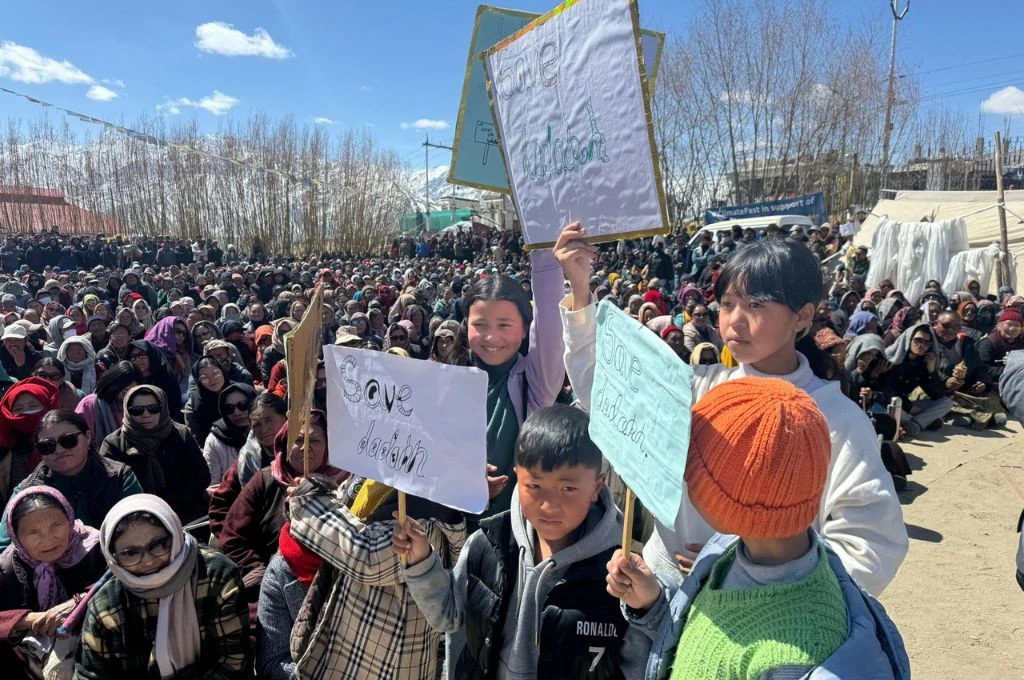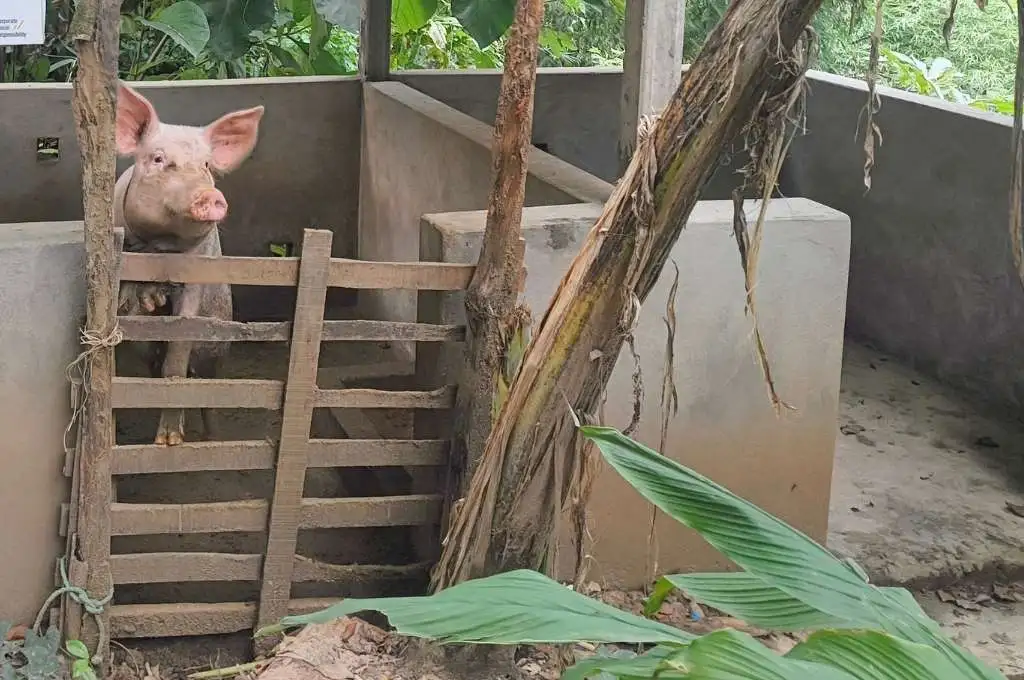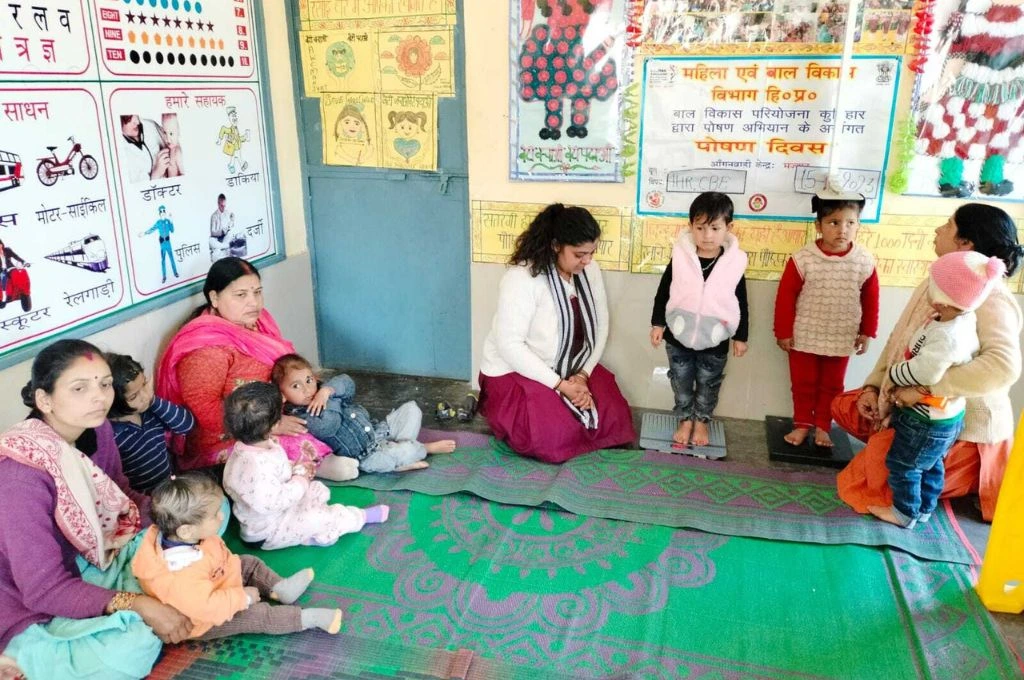READ THIS ARTICLE IN
Women shoulder the blame for climate change in Kashmir
In Jammu and Kashmir’s Baramulla and Bandipora districts, the lack of snowfall in recent years has been affecting agriculture—seeds do not germinate on time, and there isn’t enough water for irrigation. As a result, agricultural production has dropped. This disproportionately affects young girls, who have to travel long distances to collect water for household chores. They are forced to prioritise domestic duties over education and often end up missing school or college to ensure adequate water supply at home.
Compounding this challenge is the fact that women in the district are unfairly shouldering the blame for the shifting climate.
This was an important insight from the survey that a colleague and I conducted in Bandipora and Baramulla in 2023. We work with Sky Trust, a nonprofit empowering youth to address health, gender, and climate issues. We were interested in understanding the perspectives on climate change in our region.
As a part of the survey, we led focus group discussions and interviewed 93 individuals from diverse socio-economic backgrounds and age groups, including farmers, adult women, and youth. We discovered a disturbing belief perpetuated by conservative community leaders: women’s ‘modern’ behaviours—for example, going out of the home to the market, school, or college— were responsible for climate-related crises like the lack of rainfall. This regressive mindset further restricts the freedom of women and girls in the area.
To challenge these notions, we began the Climate Friends Fellowship in April 2023, under which ten fellows were trained on intersecting issues of climate change, mental health, gender discrimination, and so on. We prioritised the involvement of young women in the fellowship. They formed youth groups of 10–15 members in their villages and organised monthly addas (gatherings) in panchayats and chaupals (public spaces). During these addas, the women fellows lead discussions on various challenges facing the region, thus drawing attention to the real reasons for climate change and debunking myths propagated by orthodox voices.
These addas also encourage the community to think about actual interventions to confront unexpected weather changes, extreme temperatures, dry soil, and a lack of water in rivers and ponds.
While there has been a gradual increase in awareness about the causes of climate change, women who are a part of these youth groups continue to face restrictions.
Just recently, we had to remove a video featuring a woman fellow from Sky Trust’s social media, even though she had given her consent. The fellow felt pressured to have it removed because her brother came to know about the video and expressed disapproval of his sister being on social media. I hope that in our efforts to combat climate misinformation, we can also fight against these gender stereotypes.
Ahanger Zahida is the co-founder of the nonprofit Sky Trust. She is also part of Changelooms-Youth Leaders for Climate Action, an opportunity for youth leaders from India to enter the climate action space.
—
Know more: Learn how women manage water in Spiti valley of Himachal Pradesh.
Do more: Connect with the author at jkskytrust@gmail.com to learn more about and support her work.



